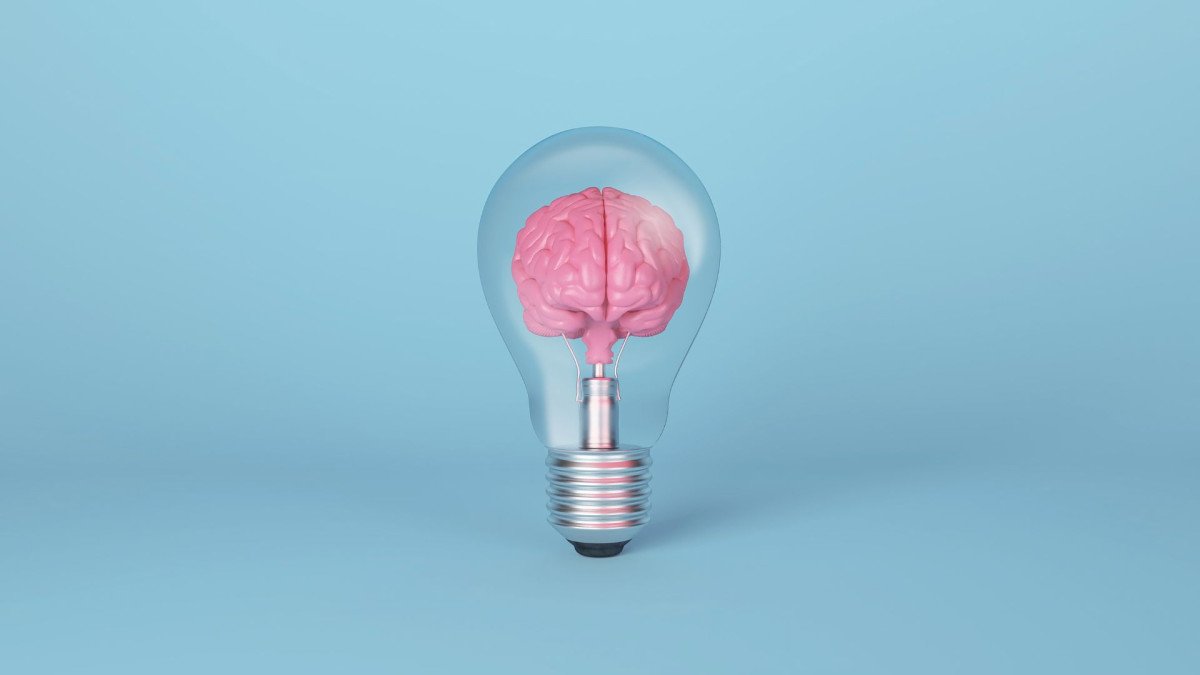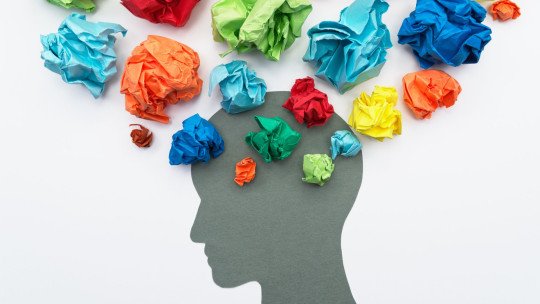
In the complex diversity of human emotions, anxiety and anger emerge as two strengths that, although apparently divergent, share an intimate and complex relationship. Anxiety, characterized by worry and fear, can seem far removed from the burning, explosive fury that characterizes anger. However, delving deeper into the psychology of these emotions reveals an intricate interweaving of influences and reciprocal effects.
Anxiety, like a lingering shadow, can function as a catalyst for anger, fueling an insidious cycle of emotional distress. Likewise, anger, like a ravenous flame, can fan the embers of anxiety, creating a whirlwind of tumultuous emotions. In this endless dance between restlessness and anger, a fundamental question emerges: how are anxiety and anger really related?
In this article, we will explore this complex, unraveling the invisible threads that bind anger and anxiety. From their definitions to their impact on emotional well-being, we will examine how these two powerful emotions interact with each other, and how this understanding can offer pathways to healthier emotional management.
What is anxiety?
Anxiety is a natural response of the human body to situations perceived as threatening or stressful. It manifests itself through feelings of worry, nervousness or excessive fear, and can affect both emotionally and physically. Those who experience anxiety often feel restless, have difficulty concentrating, and may even experience physical symptoms such as palpitations, sweating, or difficulty breathing.
This anxiety response can be triggered by various circumstances, ranging from stressful everyday situations to traumatic events. Factors such as genetics, environment, and past experiences can also influence a person’s predisposition to experience anxiety. Importantly, anxiety, in certain doses, can be adaptive and helpful in coping with challenging situations. However, when it becomes chronic or excessive, it can significantly interfere with a person’s daily life and emotional well-being.
Recognizing the symptoms of anxiety and understanding its underlying causes are essential steps in learning to manage it effectively. There are various coping strategies and techniques that can help reduce anxiety levels and improve the quality of life of those who experience it.

What is anger?
Anger is an intense emotion characterized by feelings of anger, frustration, and hostility. It is a natural response to situations that are perceived as unfair, threatening or challenging. When we experience anger, our body reacts in a variety of ways, such as increased heart rate, muscle tension, and the release of stress hormones.
Anger can manifest itself in different ways, from mild annoyance to a furious outburst. The causes of anger are varied and can include situations of interpersonal conflict, stressful events, or feelings of injustice. Additionally, individual factors such as personality, past experiences, and coping skills also influence how a person responds to anger.
It is important to understand that anger, like other emotions, is a common and natural human experience. However, when anger becomes uncontrollable or manifests itself in destructive ways, it can have negative consequences for mental health, interpersonal relationships, and overall well-being.
Learning to recognize the signs of anger and developing skills to manage it in a healthy way are key aspects of managing this emotion effectively. There are anger management techniques, such as deep breathing, assertive communication, and finding alternative solutions, that can help reduce the intensity and frequency of anger episodes.

The relationship between anxiety and anger
Anxiety and anger are two powerful emotions that, although they seem different at first glance, are closely interconnected in the human experience. Anxiety can play a significant role in the development and manifestation of anger, and vice versa.
When a person chronically experiences anxiety, they are more likely to also experience episodes of anger. This is because anxiety can generate a state of hypervigilance and emotional sensitivity, which makes the person feel constantly on alert for possible perceived threats. In this state of constant alert, even minor situations can trigger a disproportionate anger response.
On the other hand, anger can also contribute to the development and exacerbation of anxiety. Anger episodes can be perceived as stressful events that activate the body’s stress response system, triggering anxiety symptoms. Additionally, poorly managed anger can lead to feelings of guilt, shame, or worry about the consequences of our actions, which can further fuel anxiety.
This relationship between anxiety and anger can generate a negative cycle in which one emotion feeds the other, creating a loop that is difficult to break. For example, Anxiety can lead to anger, which in turn increases anxiety, creating a continuous cycle of emotional distress.
However, understanding this relationship also offers opportunities to intervene and break this cycle. By addressing both anxiety and anger simultaneously, coping strategies can be developed that help reduce the intensity and frequency of both emotions. This may include relaxation techniques, such as meditation and mindfulness, as well as cognitive behavioral therapy to identify and change thoughts and behaviors that contribute to anxiety and anger.
Conclusions
In conclusion, anxiety and anger are closely intertwined in the human experience, feeding each other in a negative cycle. However, understanding this relationship offers opportunities to intervene and break this cycle through effective coping strategies. Recognizing the signs of both emotions and developing skills to manage them in a healthy way is essential to promote emotional well-being. By doing so, we can cultivate greater emotional resilience and improve our overall quality of life.









